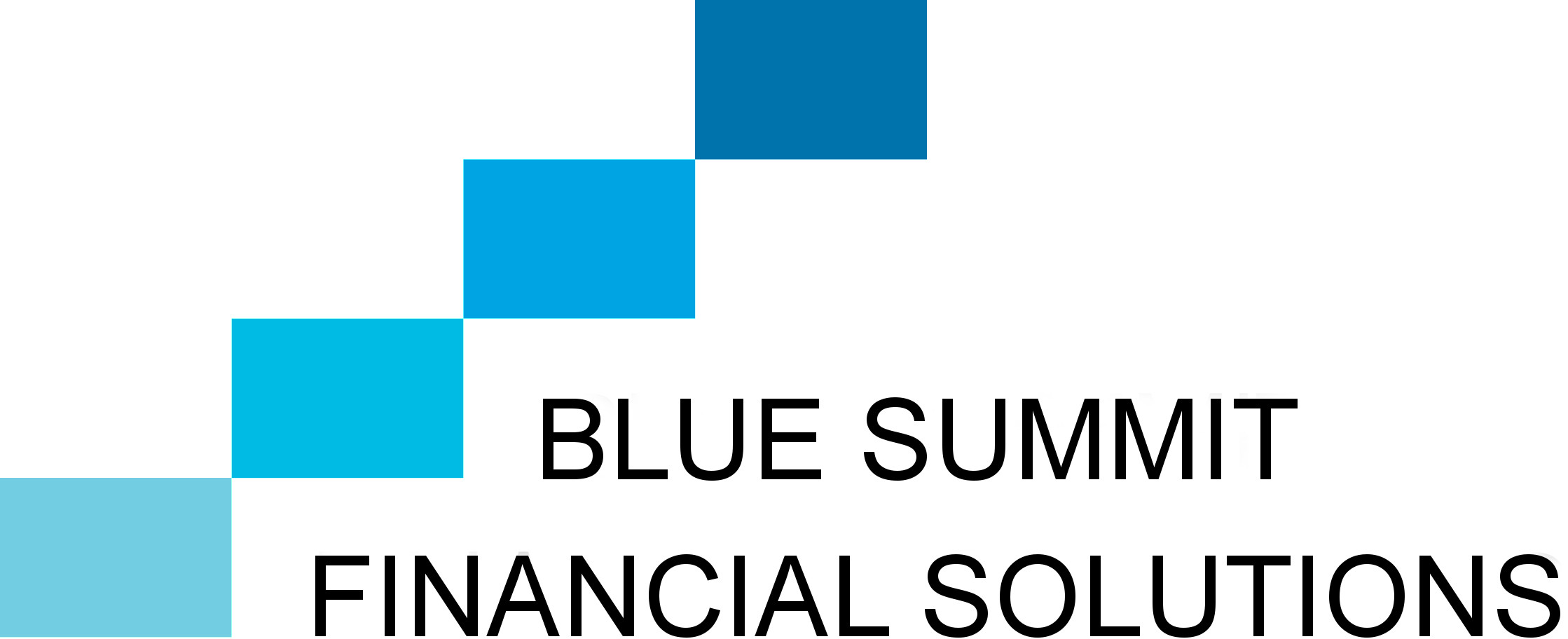In our fast-paced digital world, technology often feels like a double-edged sword. On one hand, it offers incredible opportunities for personal growth and efficiency. On the other, it can also be a source of distraction and stress. But fear not! It’s possible to harness the power of technology to enhance your life, rather than hinder it.
Let’s explore some practical ways to use technology wisely for personal improvement and efficiency so you can focus on the meaningful stuff in your life – and also manage to ‘switch off’.
Goal tracking apps to stay on track
It’s important to recognise that technology is a tool that can be effective in helping you reach your goals but before you leap in it’s important to be clear about what your goals are. Think about what is important to you and what you want to achieve. Once you’ve established some goals you can then come up with tasks that support your ambitions and that’s where technology can come in handy – tracking and supporting your progress.
Tools like Habitica and Todoist turn your tasks into manageable steps and offer a visual representation of your progress. Habitica gamifies your goals, rewarding you with points for completing tasks and achieving milestones, making productivity feel like an adventure. Similarly, Todoist helps you organise your tasks with ease, allowing you to set deadlines, create recurring tasks, and prioritise what matters most.
There are even specific apps for different aspects of your life. For instance, if you’ve resolved to exercise more regularly, you can use an app like Strava or Fitbit to track your workouts, monitor your progress, and even join challenges with friends. These apps not only keep you on track and elevate your efforts but also provide a sense of community and accomplishment.
Task management and automation
Task management is key to working efficiently – it helps you stay organised, prioritise tasks, and manage your time better. With a clear plan, you can focus on what matters and technology offers numerous tools to assist.
Apps like Todoist, Asana, and Trello provide intuitive platforms for organising tasks, setting priorities, and tracking progress. These tools help you break down large projects into manageable steps, set deadlines, and collaborate with others seamlessly.
Then implementing some automation around selected routine tasks can be a massive time saver and free you up for more meaningful activities. From scheduling social media posts to managing your finances, automation tools can save you time and reduce the mental load of daily tasks. Zapier and IFTTT allow you to create automated workflows between different apps and services. For example, you can set up a workflow to automatically save email attachments to your cloud storage or post your latest blog update directly to your social media accounts.
Embrace learning platforms
Gone are the days when learning was confined to classrooms and textbooks. Today, technology offers a plethora of online learning platforms that can help you develop new skills and hobbies. Coursera, Udemy, and Khan Academy provide courses on everything from coding to cooking. Whether you’re looking to pick up a new language or delve into data science, these platforms make learning accessible and engaging.
For example, if you’ve always wanted to learn how to play the guitar, apps like Yousician offer interactive lessons that guide you through the basics and beyond. They provide real-time feedback, making the learning process both efficient and enjoyable.
Cultivate a balanced digital diet
While technology offers numerous benefits, it’s also important to maintain a balanced digital diet. Too much screen time can lead to burnout and decreased productivity. Be mindful of your usage and establish boundaries to ensure it enhances, rather than detracts, from your life.
Consider setting specific times for checking emails or social media. There are times in your life where setting boundaries around your use of tech can be beneficial – for example in meetings, at the dinner table, when you are out with friends, on holidays or even just before bed.
It can be challenging to ignore the ‘siren call’ of your device but switching off – even for small periods – allows you to be fully present and engage with those you care about, focus on specific tasks, or even just allow yourself a little time to do nothing at all.
It’s even possible to use technology to prompt you to switch off your devices to gently remind you to take a little ‘tech break’ every now and then.
Embrace the possibilities, and let technology work its magic to enhance your life in meaningful ways and consider using the efficiencies offered by technology to free up some valuable time to go offline!


